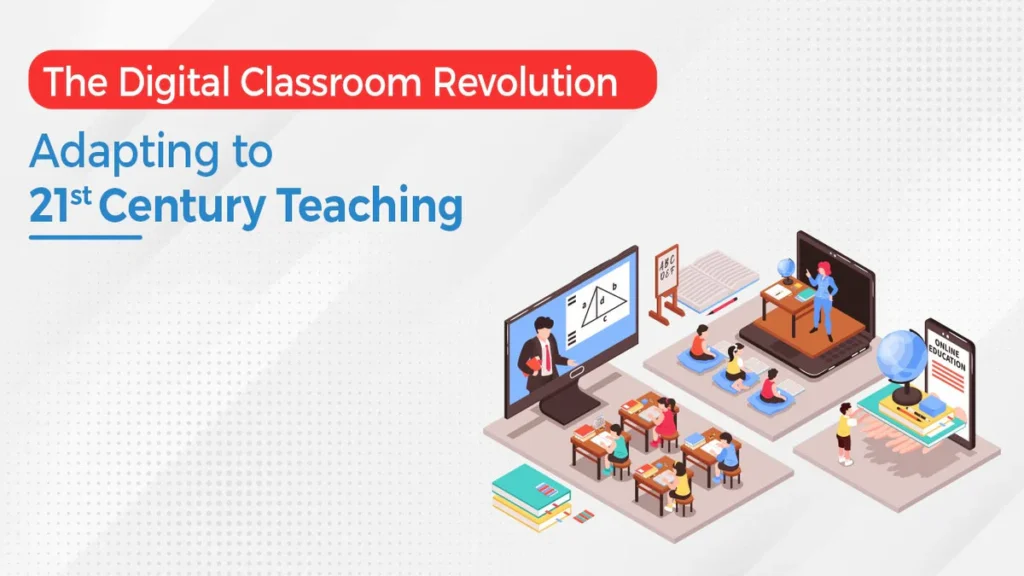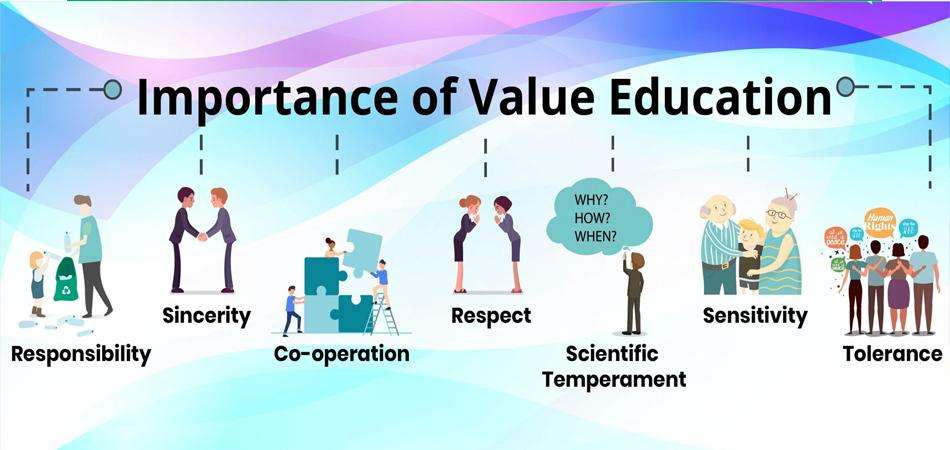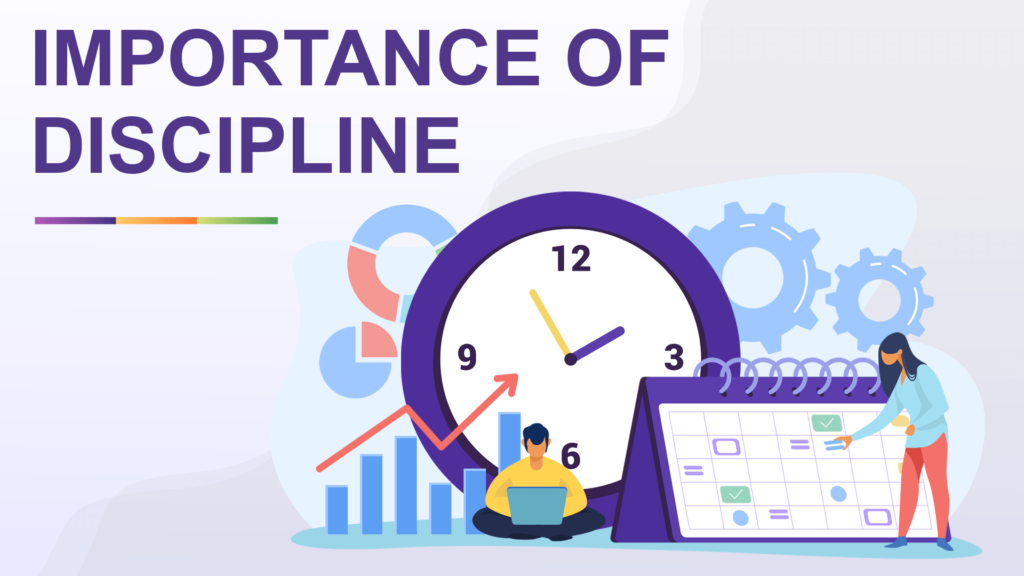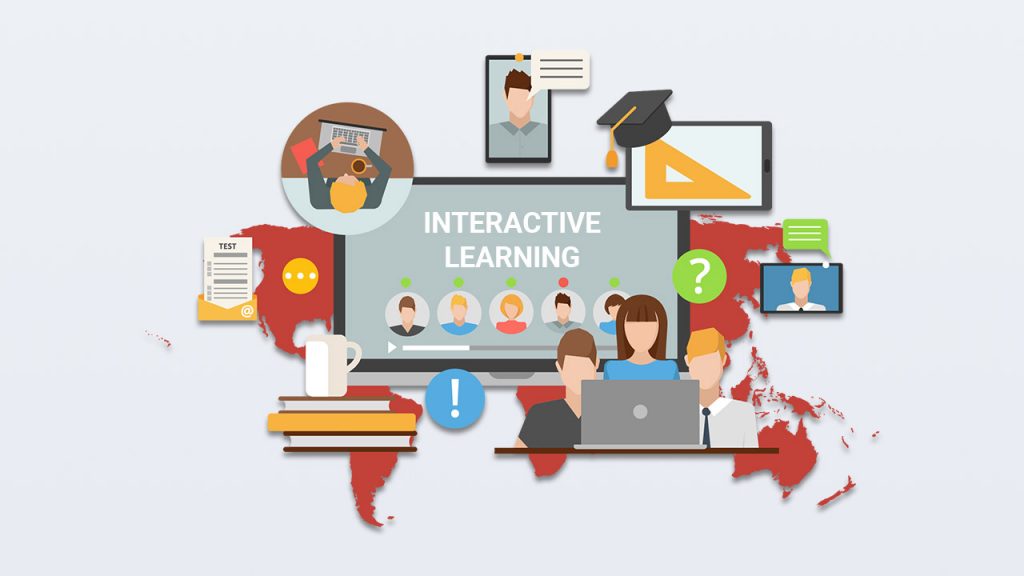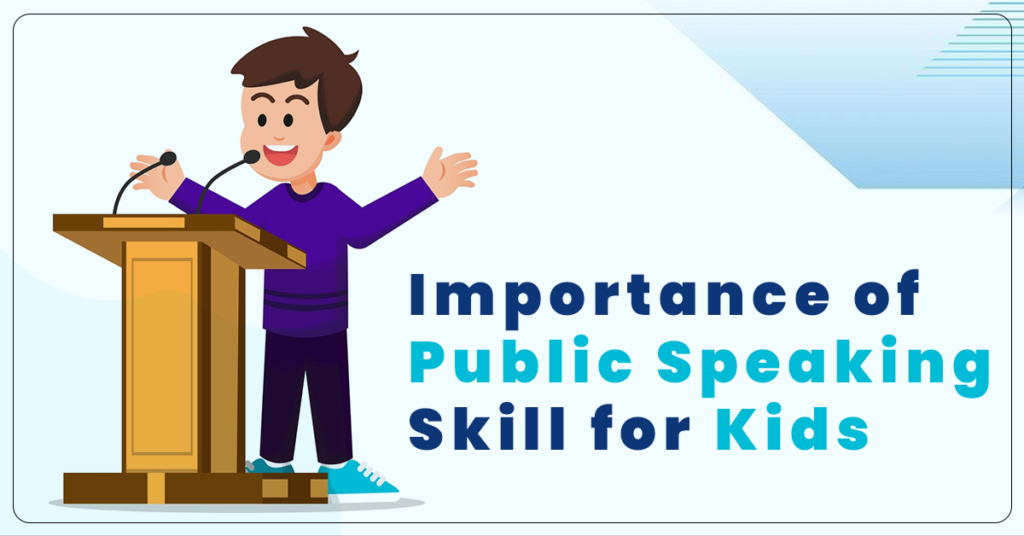Brilliant Leap into Digital Classroom Revolution
The education system is undergoing a profound shift driven by technological advancements, most notably the Digital Classroom Revolution. This change is more than a trend; it marks a new era in how knowledge is imparted, understood, and retained. Digital tools now play a central role in classrooms, enhancing interaction, engagement, and accessibility. The Digital Classroom Revolution is not just modernizing education; it is making it more relevant, inclusive, and student-focused. Digital learning platforms empower teachers to create dynamic and tailored learning environments. From interactive whiteboards to real-time performance tracking, the classroom is no longer bound by traditional chalk-and-board setups. The Digital Classroom Revolution offers flexibility that accommodates diverse learning styles and paces. Verified Campus recognizes this evolution and champions educational spaces that prioritize such innovations, encouraging institutions to adapt for the benefit of every learner. Interactive Technologies Enhancing Student Engagement One of the defining features of the Digital Classroom Revolution is the integration of interactive technology. Tools such as smartboards, learning management systems (LMS), and educational apps transform passive learning into an engaging experience. Students no longer rely solely on textbooks but interact with content in multimedia formats—videos, simulations, quizzes—which boosts understanding and retention. These technologies also allow for collaborative projects and peer-to-peer engagement, which are essential for developing social skills. Teachers gain valuable insights through real-time analytics on student performance, allowing them to adjust lessons accordingly. This shift enables a more proactive teaching model that supports student success across varying academic levels.\ Accessibility and Inclusion in a Digital Era The Digital Classroom Revolution has significantly improved access to quality education. It enables students in remote or underserved areas to connect with top-notch educational resources. Recorded lectures, online assignments, and digital libraries ensure that learning continues even when students cannot attend physical classes. Moreover, students with special needs benefit from customized tools that cater to their learning preferences. Screen readers, voice-to-text software, and adaptive interfaces ensure that no learner is left behind. This revolution is not only technological but deeply inclusive, aiming to level the playing field for all learners, regardless of their background. Teacher Empowerment and Evolving Roles Educators are not left behind in the Digital Classroom Revolution. In fact, their role is more critical than ever. With access to digital tools, teachers become facilitators and mentors rather than sole information providers. They can design blended learning models, combining the best of in-person and online instruction. Professional development programs are also evolving, providing teachers with training in digital pedagogy. These developments help teachers maintain relevance and effectiveness in the modern classroom. As they become more adept with technology, their confidence increases, positively impacting the learning atmosphere and student outcomes. Customized Learning Paths for Student Success A major advantage of the Digital Classroom Revolution is the ability to tailor learning experiences. AI-powered platforms and intelligent algorithms analyze student performance and adapt content to their strengths and weaknesses. This data-driven approach ensures every student receives the support they need. Students become more self-reliant as they take charge of their learning journey. With personalized dashboards and progress trackers, they are more aware of their academic development. This autonomy nurtures a sense of responsibility and motivation, essential skills for life beyond school. Addressing the Challenges of Digital Education While the benefits are significant, the Digital Classroom Revolution also comes with its challenges. Issues like unequal access to devices, lack of digital literacy, and data privacy concerns must be addressed. Schools must ensure that students have access to affordable internet and the necessary devices to participate fully. Training for teachers and students alike is crucial. Institutions should invest in digital literacy programs to bridge the skills gap. Furthermore, robust cybersecurity protocols must be implemented to protect sensitive data and ensure safe digital environments for all users. Building Future-Ready Learning Environments The future of education lies in innovation, and the Digital Classroom Revolution is at its core. Classrooms of the future will blend augmented reality, virtual labs, and global classrooms where students collaborate across borders. These developments will prepare learners not just academically but also socially and emotionally for an interconnected world. As education continues to evolve, schools must adopt a forward-thinking mindset. Investment in infrastructure, teacher training, and curriculum reform is essential. The focus should remain on enhancing the learning experience while ensuring equity and inclusion. Conclusion: Shaping Tomorrow with the Digital Classroom Revolution In conclusion, the Digital Classroom Revolution is more than just a shift in tools; it is a complete transformation in mindset, pedagogy, and educational accessibility. It empowers students and educators alike to break free from traditional constraints and embrace a model that prioritizes growth, engagement, and personalized success. Notably, the best schools in Dehradun are leading this transition, integrating smart technology to prepare students for future challenges. These institutions are paving the way by blending strong academic foundations with digital innovation. Verified Campus acknowledges the significance of this revolution and continues to guide students and parents toward institutions that value innovation alongside tradition. The journey ahead is digital, and embracing this change is key to cultivating empowered, future-ready learners.
Brilliant Leap into Digital Classroom Revolution Read More »
